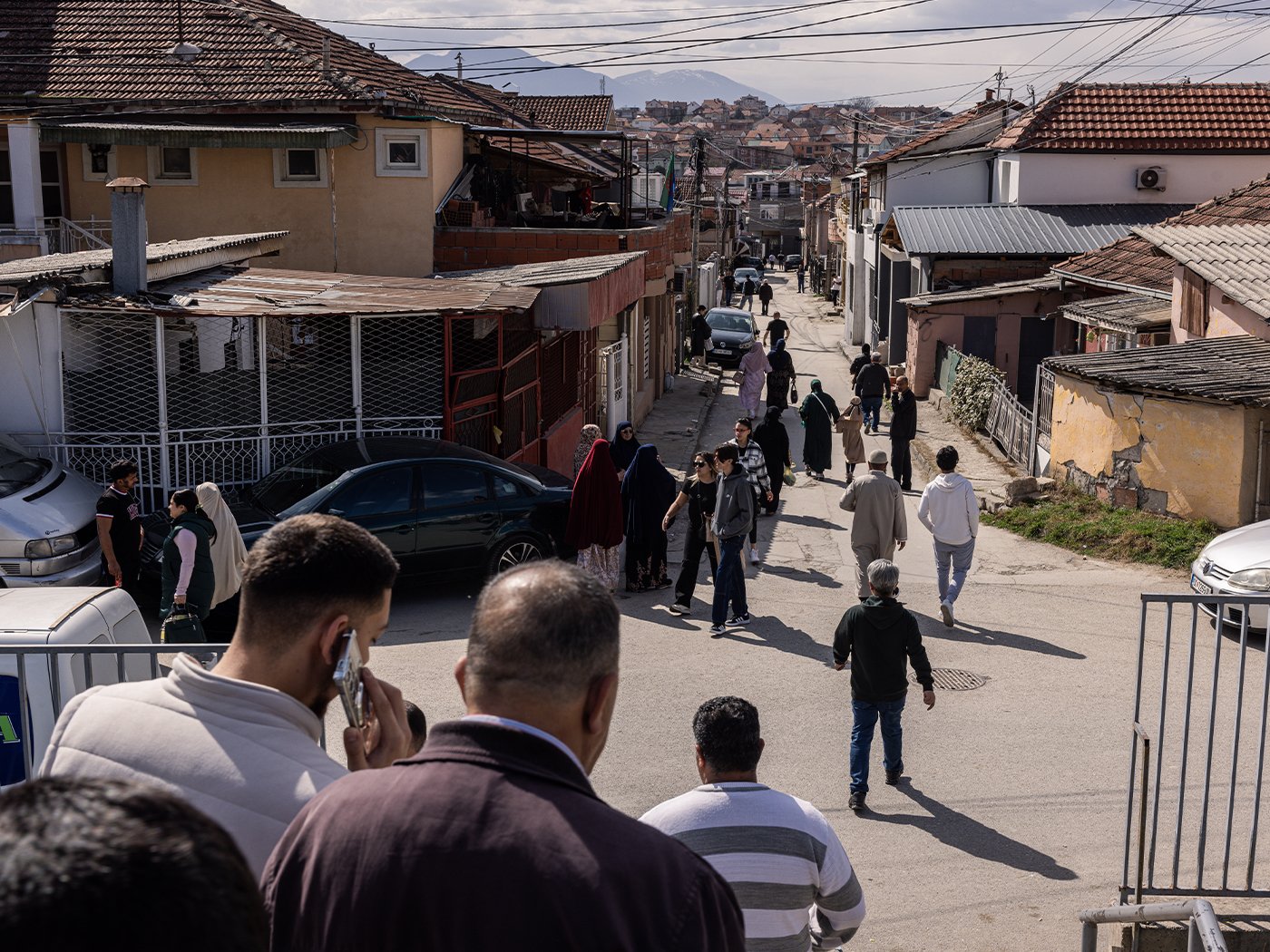The Roma are Europe's largest and most disadvantaged ethnic minority. Improving political participation concerns every group underrepresented in or excluded from political decisions that affect their lives.
What does political participation mean?
The fulfillment of an open society requires that everyone has a voice. People are free to speak out, to assemble, and to associate. This involves everything from voting to having a say in how your community and country are run, to running for political office. The right to participate in public and political affairs is essential for any group seeking to assert themselves in an open society.
In what ways are Roma excluded from political and public life?
In many parts of Central and Eastern Europe, Roma constitute a sizeable part of the population. Despite this, Roma are largely absent from local and national political decision-making. Roma communities in many places officially do not exist due to their absence from official registers, including the census. This means that official numbers for the Roma population in some countries can be less than half the actual estimated population. The official invisibility of Roma people negatively affects public funding that could help Roma communities with healthcare, education, employment, and housing. This invisibility also undermines the potential for Roma political participation and Roma-led social change.
For many Roma who do vote, their vote risks being either suppressed or manipulated. Lack of information and poverty means Roma are often vulnerable to electoral malpractices such as vote-buying or outright fraud. Roma voter turnout can be suppressed through fear, violence, or tactics such as moving the polling station to somewhere far away from Roma settlements and without public transport. Internal rivalries and segregation within Roma communities also prevent Roma voting as a unified bloc.
Why focus on the Roma, when many groups are denied meaningful participation in public and political life?
Improving political participation concerns every group underrepresented in or excluded from political decisions that affect their lives. The Roma are Europe’s largest—around 12 million people—and most disadvantaged ethnic minority in Europe. The Roma face high rates of illiteracy, infant mortality, unemployment, substandard healthcare, and segregation in education. Roma are one of the most politically disenfranchised ethnic groups in Europe today. However, meaningful change for Roma must also be applied to other communities who find themselves excluded from public and political life.
Should we concentrate on improving housing, healthcare, and education, rather than voter participation?
For over 20 years, organizations and individuals—including the Open Society Foundations—have undertaken unprecedented efforts to alleviate the conditions that Roma endure in the areas of housing, health, education, human and civil rights, and employment. Roma-run nongovernmental organizations have managed some of these efforts at the local level, but most have been financed and guided by government institutions and other NGOs with little or no Roma representation. A focus on poverty is of course crucial and must continue but lasting change requires that Roma take a share in public decisions. No solutions to the critical problems Roma face in the areas of housing, health care, education, and employment will be lasting without the equal participation of Roma in political and public life.
What can be done to overcome Roma disenfranchisement?
Roma political and public disenfranchisement is caused by many factors, some of which occur within Roma communities. Achieving political and public participation for Roma begins with Roma self-organization.
Other steps include the following:
- raising Roma participation in national censuses through Roma-led, grassroots campaigns; already, Roma-led census registration campaigns in one country have resulted in a 200 percent increase in Roma census registration
- improving Roma representation in NGOs and other entities who campaign for Roma rights
- holding local and national governments to account so that they fulfill quotas compelling public enterprises and public services to hire a certain amount of Roma, and not just in the most menial of jobs
- developing alternative Roma representatives who Roma communities can trust
- focusing on voter education and turnout so that Roma communities understand what happens on voting day and what their rights are
- rooting out electoral malpractices such as vote-buying and vote-brokering
- calling on Roma communities and societies as a whole to demand that electoral corruption, violence, and hate speech are unacceptable and punished
- calling on donors from civil society to the European Union to emphasize participation in political and public life in their funding
This explainer was originally published on opensocietyfoundations.org.

Roma Foundation for Europe
The latest

Europe’s Growth Depends on Roma Talent

Roma Exclusion Is a Security Blind Spot at Munich, Warns Roma Foundation for Europe

North Macedonia’s Week of Chaos—And the One Crisis the Government Chose to Put on TV
Browse by category
Campaigns
Events
Facts
Press
Voices
For media inquiries:
[email protected]Sign up here so you don’t miss out on campaign updates, upcoming events and other news from the Roma Foundation for Europe and our network.
Sign up for our newsletter